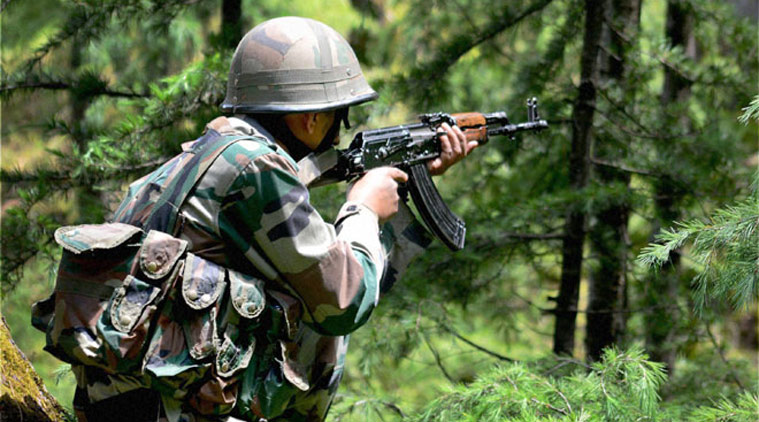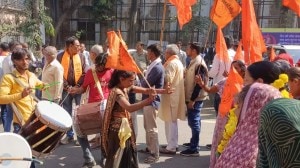Stay updated with the latest - Click here to follow us on Instagram
3 militant incidents across border in last six months helped get neighbour on board
India has been sharing evidence and information about locations of various insurgent groups with Myanmar on a regular basis.
 On Monday, three NSCN-K cadres from one of these camps were shot dead when they were trying to cross into India.
On Monday, three NSCN-K cadres from one of these camps were shot dead when they were trying to cross into India.
The suspected role of Northeast insurgent groups in at least three incidents in Myanmar, including an attack on a police post, was what prompted the neighbouring country to agree to Tuesday’s ‘surgical strike’ inside its territory by the Indian Army, sources said.
These incidents, all within the last six months, included the attack on the police post by a rocket-propelled grenade launcher (RPG), an IED blast on a bridge that India had constructed and the circulation of pamphlets against the Myanmar Army, they added.
While Myanmar blamed Kuki rebel groups for these incidents, India informed them that it was the work of Manipur’s People’s Liberation Army (PLA).
[related-post]
A senior official said there were insurgent camps running in Myanmar, within 20-25 km of the border. On Monday, three NSCN-K cadres from one of these camps were shot dead when they were trying to cross into India, sources said.
India has been sharing evidence and information about locations of various insurgent groups with Myanmar on a regular basis, most recently in April, when it handed over phone intercepts of two Chinese PLA officials with S S Khaplang, the leader of NSCN-K, who is a resident of Myanmar.
Khaplang’s group is alleged to have been behind the killing of 18 soldiers of the 6 Dogra Regiment in Chandel district of Manipur on June 4.
Sources said Tuesday’s cross-border operation was finalised hours after the Manipur attack, during a meeting chaired by Home Minister Rajnath Singh and attended by Defence Minister Manohar Parrikar, NSA Ajit Doval and Army chief Dalbir Singh.
Initially, it was suggested that the attack should be carried out within 24 hours. But when the Army chief expressed his inability to initiate a strike at such short notice, it was decided to push the raid to Monday.
Finally, the sources said, the strike was marked for early Tuesday morning after Prime Minister Narendra Modi was briefed about all aspects of the operation and his approval obtained following his arrival from Bangladesh on Sunday night.
Sources added that the option of an air strike was initially discussed but then ruled out since it was felt that the collateral damage may be too high.







